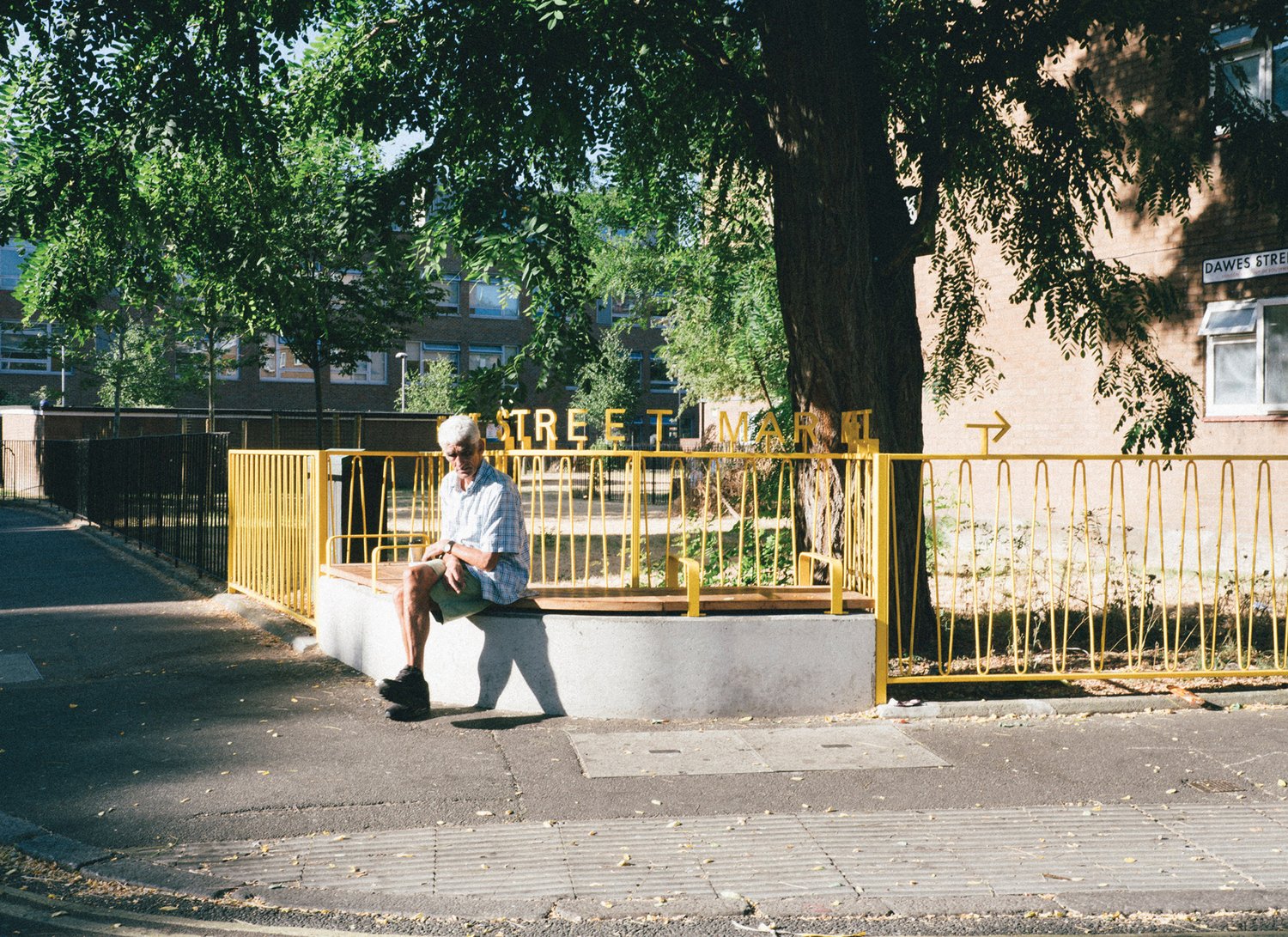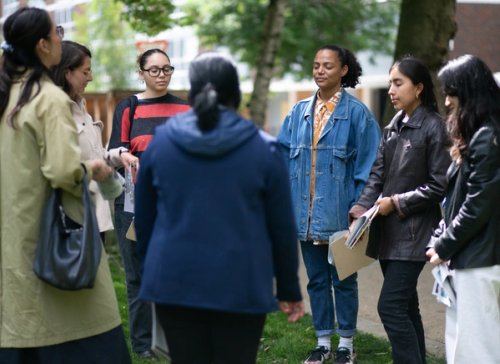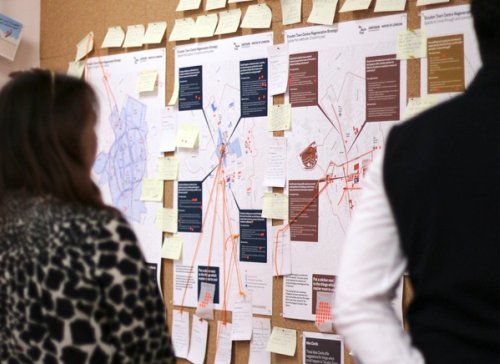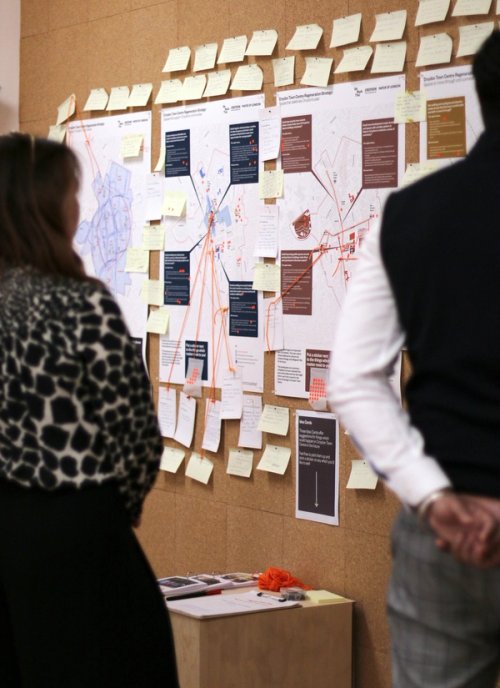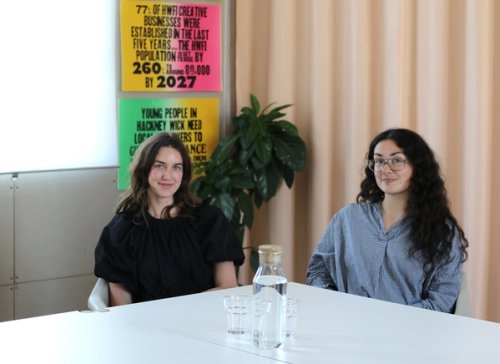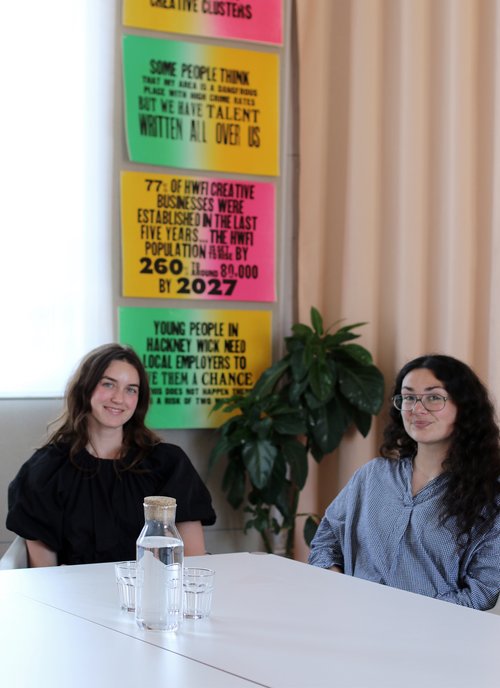Are you OK here? A new research partnership
Dr Clare Rishbeth
09 November 2023
Through the award of an ‘Innovation Scholar’ research grant from the Arts and Humanities Research Council UK, we’re expanding our rigour with a new academic partnership. We’re working with Dr Clare Rishbeth across a year-long exploration of participatory methods used in urban design practice. Clare is a senior lecturer in Landscape Architecture at the University of Sheffield with a research expertise in migration, inclusion and outdoor public spaces.
Read how, through this role, Clare will be embedded within project teams, contributing to the development of how our projects are delivered through equitable processes, have equitable impacts and consider atmospheres of inclusion and identity: designing public open space in superdiverse cities.
“This is my happy place”. “I kinda rush through it”. “I used to be here all the time, but now… not so much”
What’s the connection between feelings and architecture? We’re all people who spend time outdoors, surrounded mostly by people we don’t know. What’s that like in different places and at different times?
It’s usually hard to describe. It might be a slight prickle in the back of your neck, a discomfort, a need not to linger. It might be feeling in your tummy that you are about to hang out with your friends and that this bench, this sunshine and the nearby ice-cream van is everything you need to be fine right now. It may be that this place sometimes reminds you of a loss, either of a person or another place or time. Sometimes it’s about the other people around you - a barely heard ‘tut’ or a judging look.
Of course, not everywhere can be everyone’s perfect place. But when we live in neighbourhoods with residents of many backgrounds, identities and life stages, it is important that ‘belonging’ isn’t dependent on everyone being the same. City spaces need to allow many ways for people to fit in and to be themselves; to feel safe and relaxed, and with opportunities to be sociable.
How we see others, how we are seen, and indeed how we think we are seen, are all complex issues bound up in aspects of identity and reflecting some of prejudices and stereotypes that surface in daily life. These are big issues, but ones which play out in practical ways that are related to the design and management of urban spaces.
Who can relax? What does ‘relaxing’ look like for that person or group of people? And how can we design for that?
We Made That are committed to better understand some of these ‘hard to describe’ issues. Together, I know we believe this is not a ‘quick fix’ but a process of collective learning, listening, and adapting ways of working.
What will we find out? Our focus will be on participatory methods used in urban design practice. Both myself and We Made That have long experience of using a wide range of techniques to prompt honest discussions about personal perceptions of place. But can we do better at surfacing ‘feelings’, especially when they may be tricky to describe or awkward to tell? We will test out adaptations that help people think about experiences of places through all the senses, or about changing emotions over time, or the balance between individual and group stories. As with all the best research projects, we don’t know yet what we will find out. But I hope that is will be of enduring benefit not only to We Made That but to all architecture and landscape professionals working towards a meaningful social inclusion.
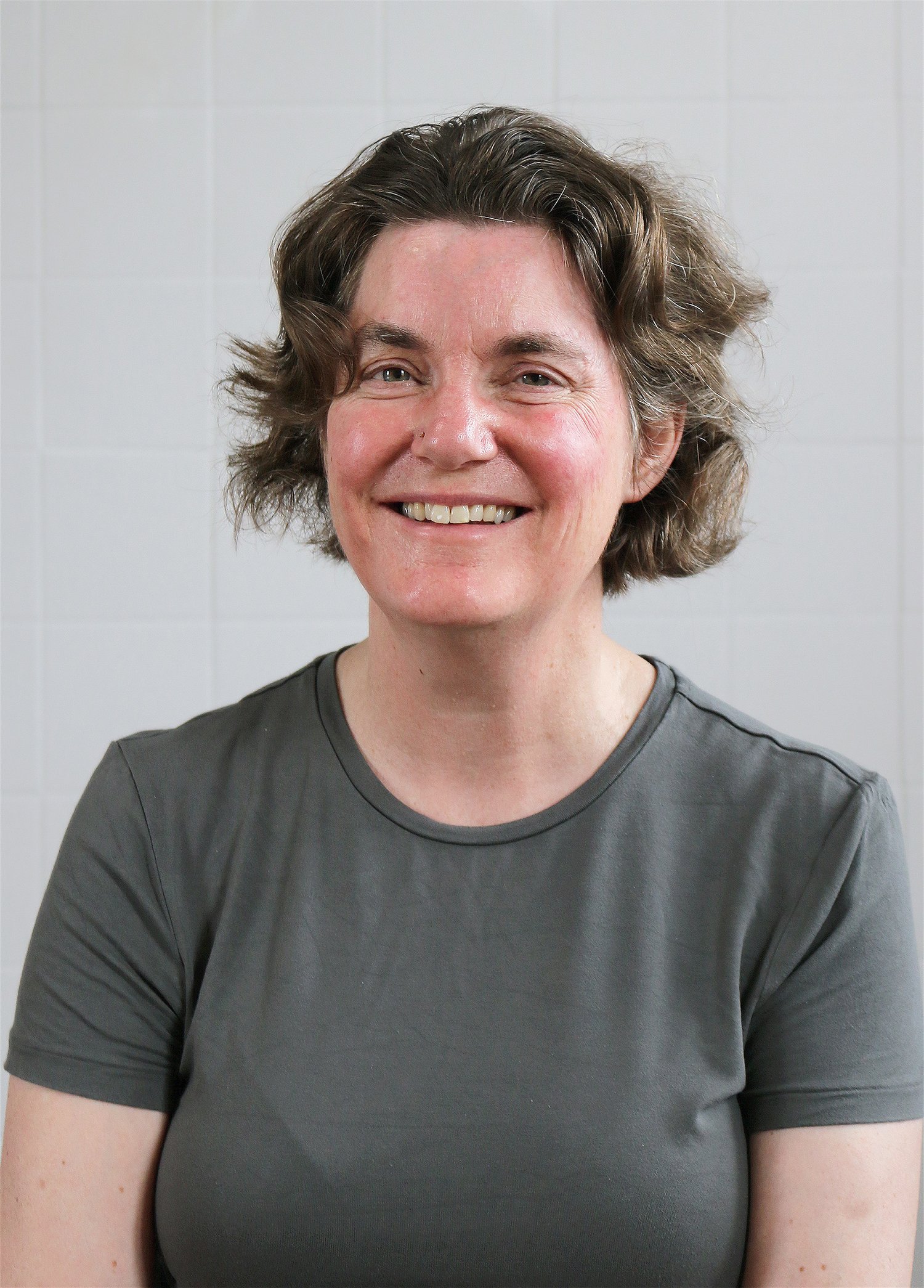
About Dr Clare Rishbeth
Clare is a senior lecturer in Landscape Architecture at the University of Sheffield and affiliate senior urban researcher at We Made That with expertise in migration, inclusion and outdoor public spaces. Her previous research includes access to natural environments, #refugeeswelcome in parks, informal sports, and the role of the humble bench for social inclusion.
Findings from the partnership will be shared in 2024.
